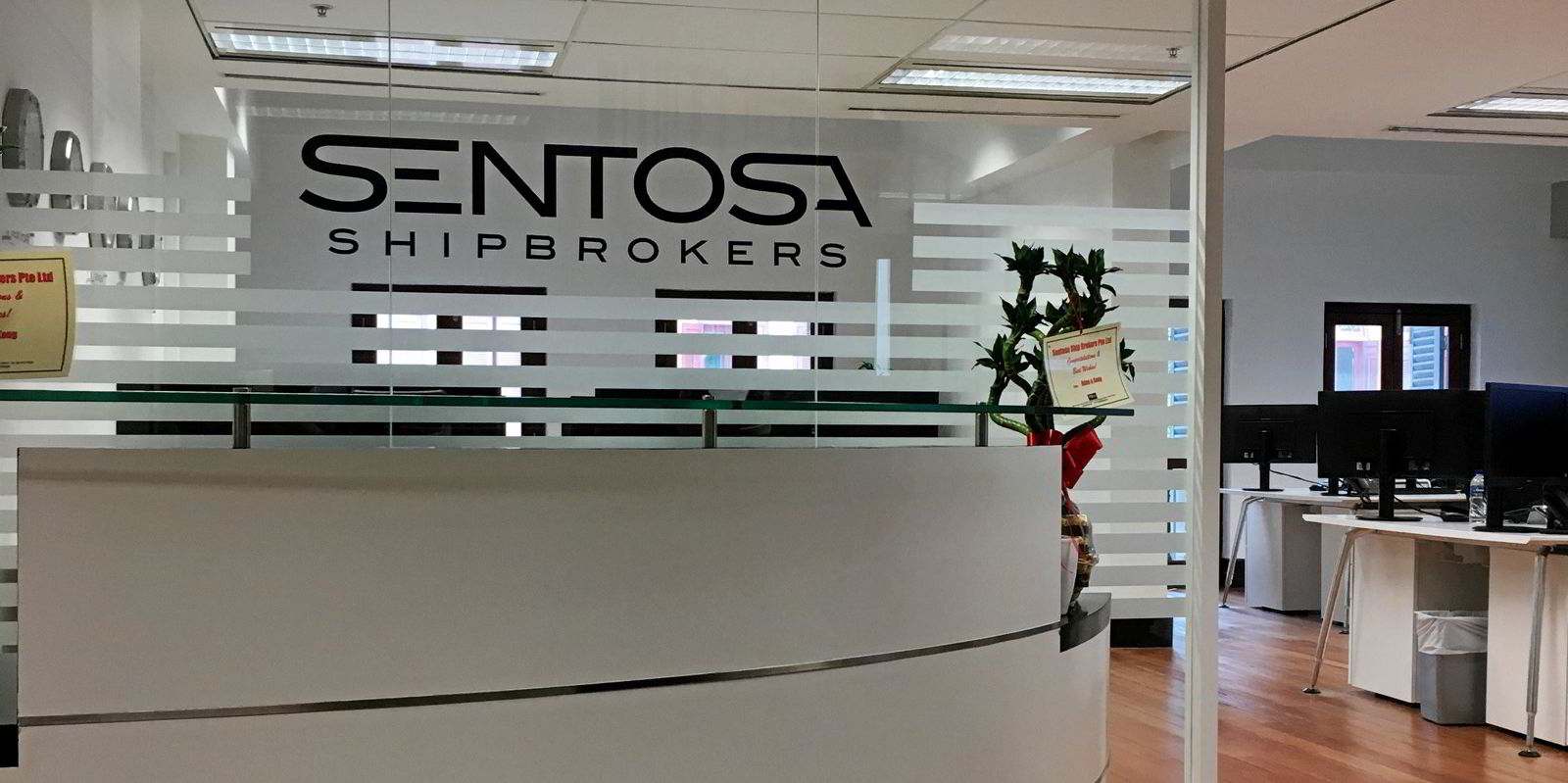Singapore's Sentosa Ship Brokers is putting its money where its mouth is to combat global warming.
The four-year-old tanker shop has opted to become carbon neutral at its own expense ahead of any potential regulatory requirements.
"It's almost impossible in recent years to work in any sector of the global shipping industry and not have had some exposure to the global effort to reduce the damaging and polluting effects shipping causes to the planet," managing director Miles Wright told TradeWinds.
"Whether it's been the IMO 2020 regulations to reduce sulphur emissions, or CSR [corporate social responsibility] and regulatory policies adopted by shipping companies and charterers to reduce their carbon footprint, but also looking to the future with the target to reduce CO2 emissions from 2008 levels by 40% under IMO 2030, and net zero under IMO 2050.
"All of these are essential steps being taken by organisations, but shipping service providers have been largely left untouched by regulations so far, and whilst our footprint is by no means as large, we feel deeply in the collective responsibility we all share in the shipping community to do our part."
Sentosa settled on four key partner selection criteria — ease of use, minimal jargon, high-quality carbon offset projects and reporting that provided insights into long-term sustainable business decisions.
However, Wright said many of the potential partners it reviewed were "complex and required the support of expensive, third-party consultants".

The shipbroker eventually selected Singapore-based carbon offsetting provider Climagap to help it address its carbon footprint after extensively researching the market.
"We initially had a call with the Climagap team. who walked us through their platform, climagap.com, and provided a guide for the information we needed to collate in order to calculate our carbon footprint," Wright said.

"Once we compiled the information, which took less than a day, we inputted it into their carbon calculator and had our carbon footprint back within minutes.
"It was at this point we decided to input data from the present day, right back to the inception of Sentosa in 2018 and went as far as ensuring that we are now effectively a net negative carbon-emitting business."
A carbon footprint refers to the total amount of carbon used by a company — products and services from Zoom calls to packaging, and from light bulbs to laptops that use carbon and therefore have a carbon footprint.
The total amount of carbon used as part of a company's business makes up its carbon footprint.
Sentosa, which has 41 staff and offices in India and Geneva in addition to its headquarters in Singapore, found its carbon emissions up to the end of 2021 were almost 600 tonnes.
The company has a subscription structure with Climagap to ensure all its offices are, and will continue to be, carbon negative in future.
"Climagap helps to monitor our carbon emissions to ensure we are compliant with this, by checking energy bills in the office, updating flights taken for business trips, and even business meetings or lunches with clients — all of which have a significant carbon footprint," Wright said.
Every client Sentosa has spoken to across the entire spectrum of the industry has been "extremely supportive of our initiative to implement this as a company", according to Wright.
"Quite rightly, the damaging effect humanity is having on the planet is at the forefront of people's minds with the recent COP26 conference in Glasgow and pledges made by governments and companies are essential, but so is also our collective responsibility to the planet," he added.
"Regardless of what you do and who you are, every single one of us has a carbon footprint to some extent and what we do now to change and reduce that will define not only how we are looked upon by future generations, but, most importantly, what state the planet we leave it in for them."





